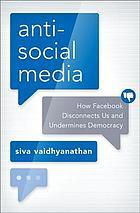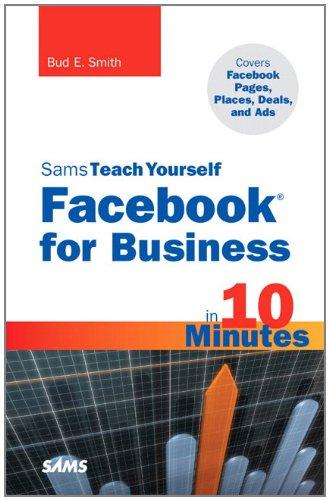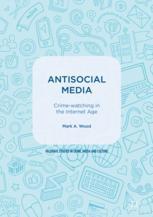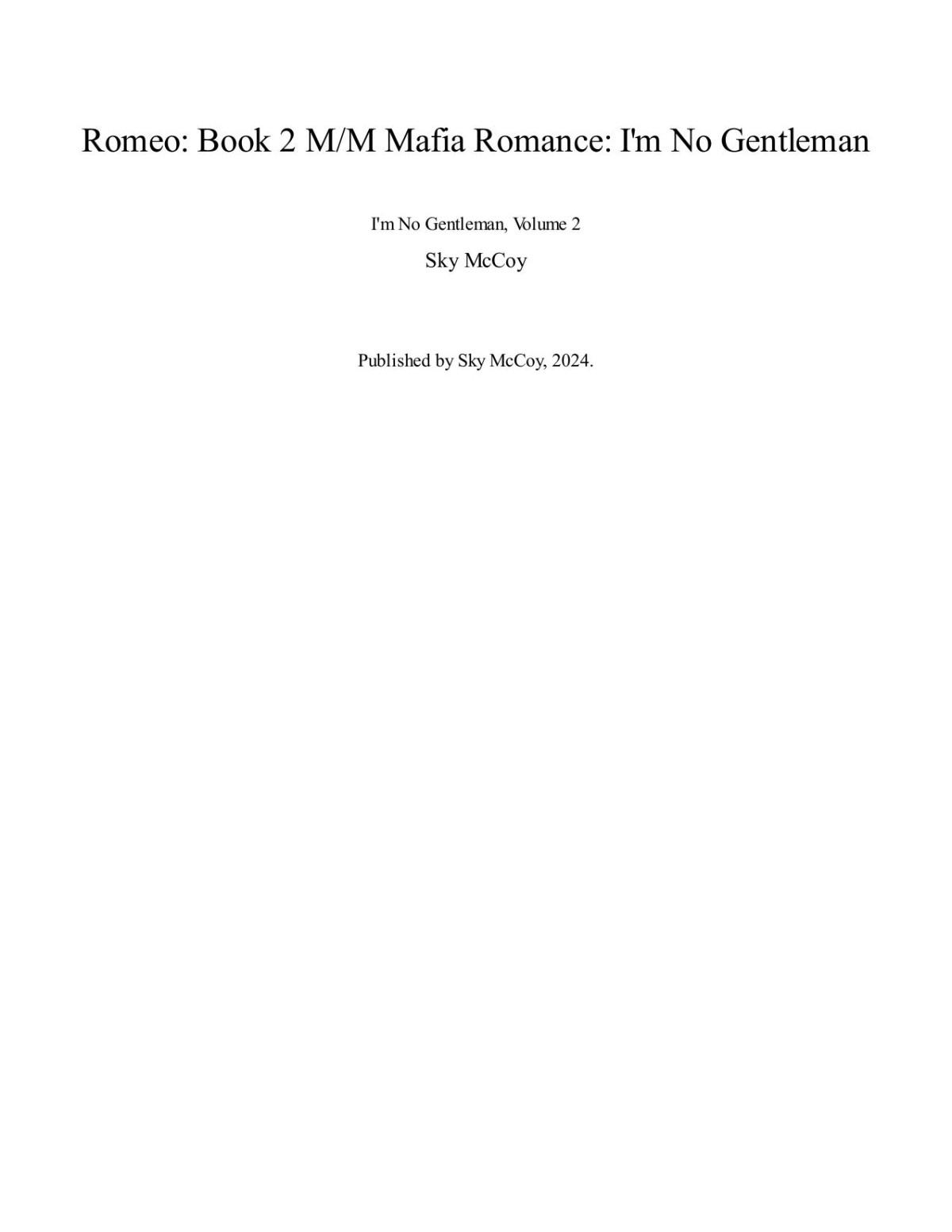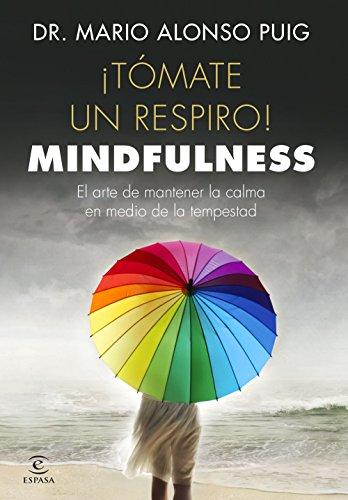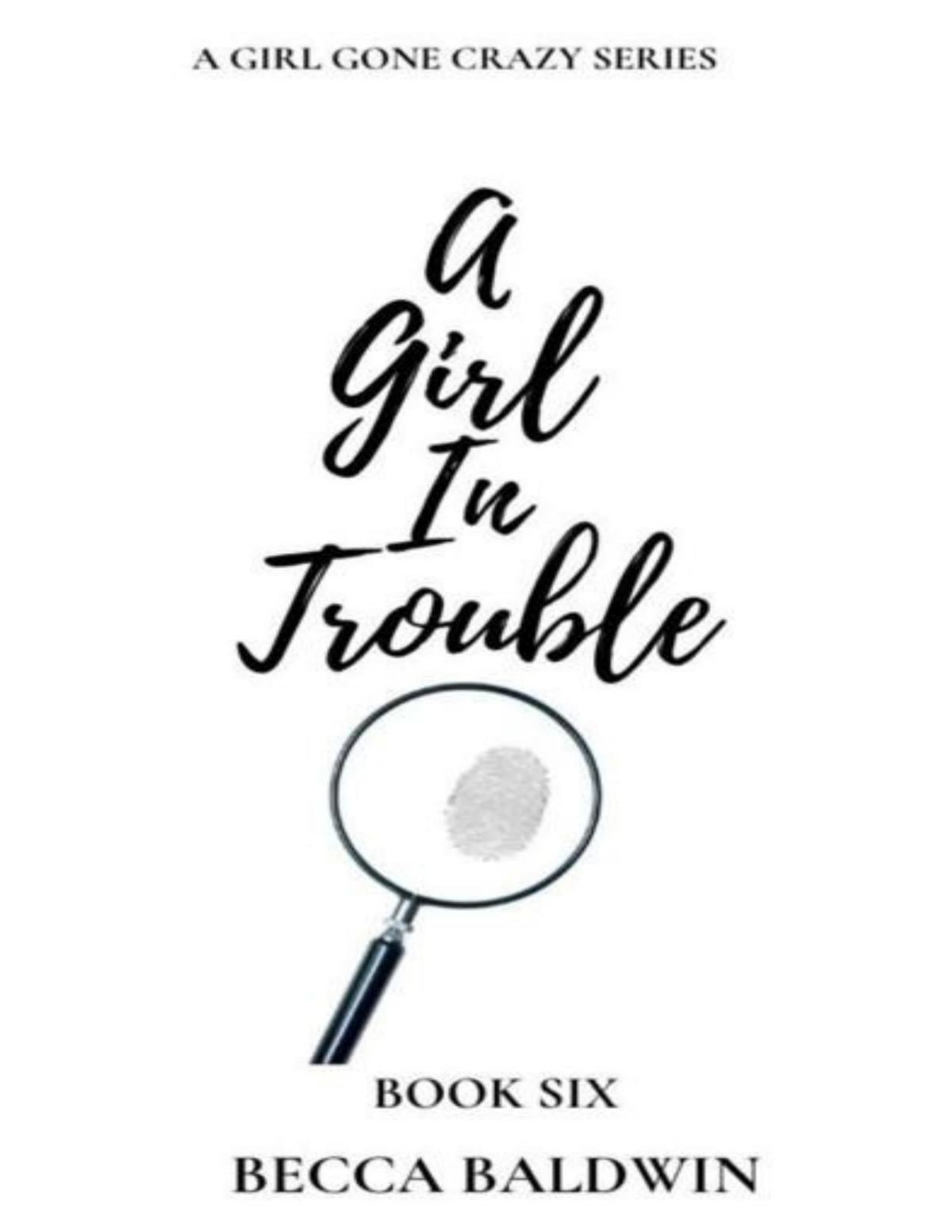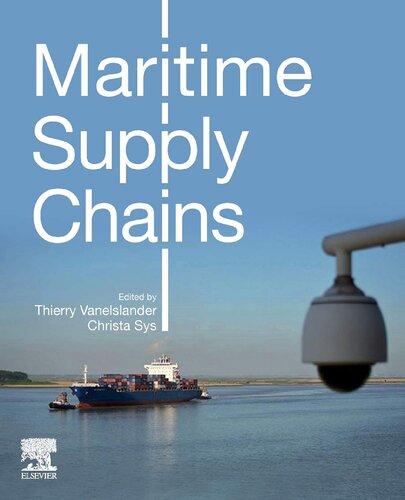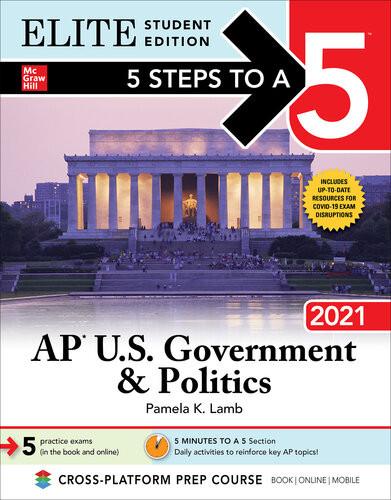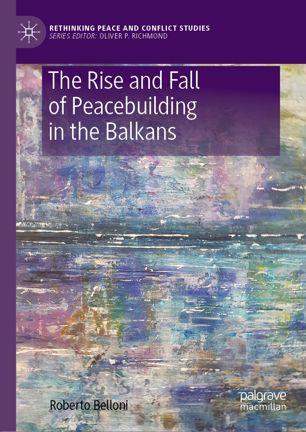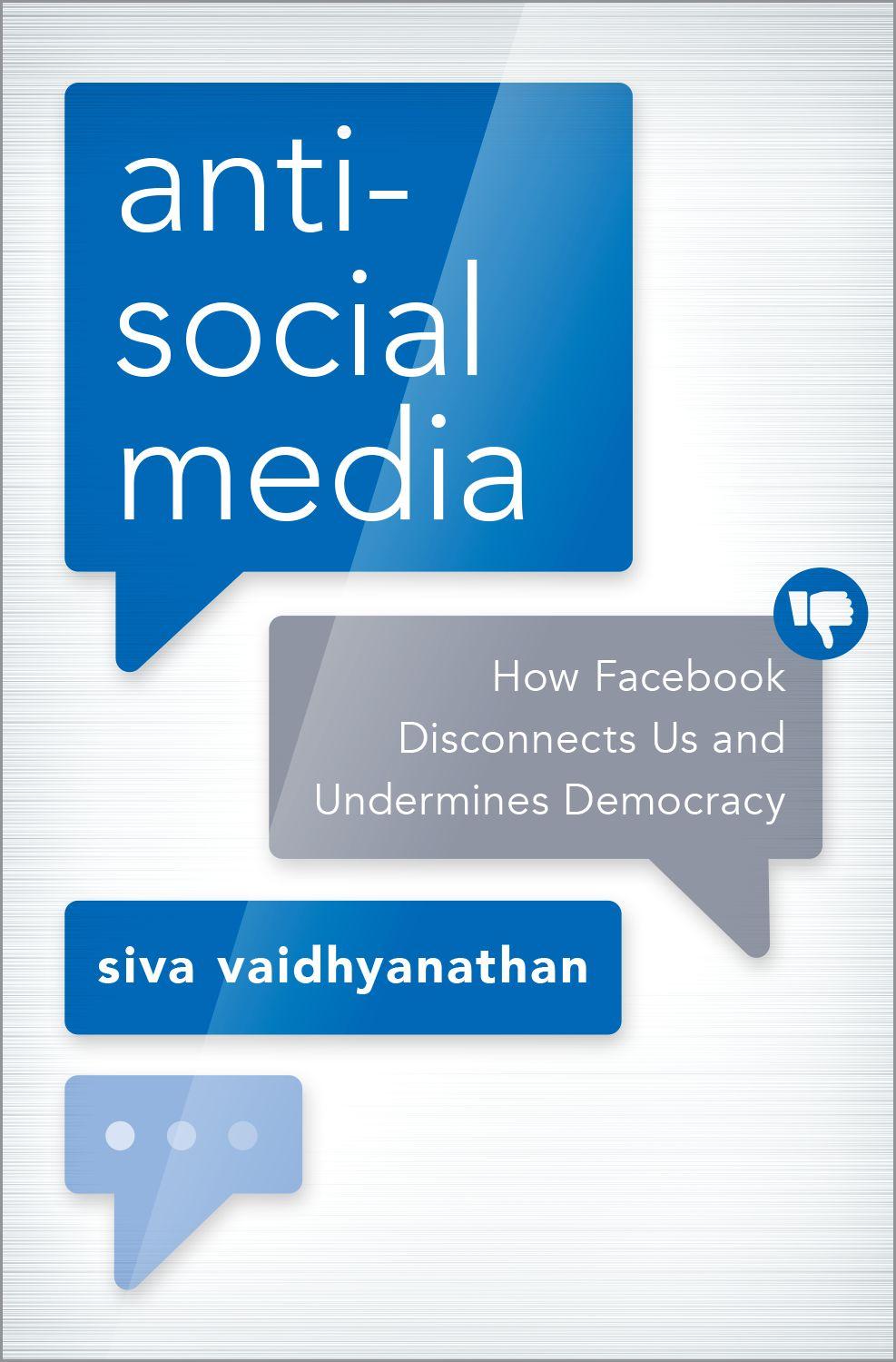The Problem with Facebook Is Facebook
On the afternoon of June 27, 2017, Mark Zuckerberg posted a brief message on his Facebook page. “As of this morning, the Facebook community is now officially 2 billion people!” the company founder and chief executive officer wrote. “We’re making progress connecting the world, and now let’s bring the world closer together. It’s an honor to be on this journey with you.”1
The idea of bringing the world closer together has animated and driven Zuckerberg from the beginning. His speeches, his letters to investors, his essays on Facebook, his interviews with journalists, and the quiet tour he took of the United States in early 2017 all resonate with that theme. He believes that his company can and should unite people from across the globe. He also believes that the consequences of that process of connecting people are predictable and largely beneficial.2
“For the past decade, Facebook has focused on connecting friends and families,” Zuckerberg wrote in a wide-ranging manifesto he published on his Facebook page in early 2017. “With that foundation, our next focus will
be developing the social infrastructure for community—for supporting us, for keeping us safe, for informing us, for civic engagement, and for inclusion of all.” This marked something of a shift for Zuckerberg and for Facebook. Zuckerberg was coming to terms with the fact that through 2016 Facebook had hosted and promoted propaganda that influenced the referendum to move the United Kingdom out of the European Union and the election of Donald Trump in the United States. Beyond that, Facebook had received significant criticism for its Facebook Live video streaming service after multiple people used it to publicize suicides and homicides they were committing. The company was being called irresponsible. So Zuckerberg took to his own platform to promise to do better, to explain the problems in the most general terms, and to shift blame where he could.3
“Beyond voting, the greatest opportunity is helping people stay engaged with the issues that matter to them every day, not just every few years at the ballot box,” Zuckerberg wrote in that 2017 manifesto. “We can help establish direct dialogue and accountability between people and our elected leaders.” Then Zuckerberg chose to mention some of the most astounding examples of how he believed Facebook helps democratic processes. “In India, Prime Minister Modi has asked his ministers to share their meetings and information on Facebook so they can hear direct feedback from citizens,” Zuckerberg wrote. “In Kenya, whole villages are in WhatsApp (a messaging platform that Facebook owns) groups together, including their representatives. In recent campaigns around the world—from India and Indonesia across Europe to the United States—we’ve seen the candidate with the largest and most engaged following on Facebook usually wins. Just as TV became the primary medium for civic communication in the 1960s, social media is becoming this in the 21st century.”4
Those who study or follow the rise of authoritarianism and the alarming erosion of democracy around the world would by 2017 list India, Indonesia, Kenya, Poland, Hungary, and the United States as sites of Facebook’s direct contribution to violent ethnic and religious nationalism, the rise of authoritarian leaders, and a sort of mediated cacophony that would hinder public deliberation about important issues, thus undermining trust in institutions and experts. Somehow, Zuckerberg missed all of that. By November 2017,
as Facebook officials were compelled to investigate and reveal the extent of Russian interference with the U.S. election through advertisements purchased on Facebook and Instagram and targeted precisely to reach at least 126 million Americans, Zuckerberg would be silent. He no longer crowed about Facebook becoming the most powerful political platform in the world. Still, the company offered a proposal to improve political culture: more services from and trust in Facebook. The company would just promise to do better.5
In the manifesto Zuckerberg did describe a central problem with Facebook that led to so many unwelcome developments. “These mistakes are almost never because we hold ideological positions at odds with the community, but instead are operational scaling issues,” he wrote. Facebook is just too big to govern. We are victims of its success.6
The story of Facebook has been told well and often. But it deserves a deep and critical analysis at this crucial moment. Somehow Facebook devolved from an innocent social site hacked together by Harvard students into a force that, while it may make personal life just a little more pleasurable, makes democracy a lot more challenging. It’s a story of the hubris of good intentions, a missionary spirit, and an ideology that sees computer code as the universal solvent for all human problems. And it’s an indictment of how social media has fostered the deterioration of democratic and intellectual culture around the world.
Silicon Valley grew out of a widespread cultural commitment to datadriven decision-making and logical thinking. Its culture is explicitly cosmopolitan and tolerant of difference and dissent. Both its market orientation and its labor force are global. Silicon Valley also indulges a strong missionary bent, one that preaches the power of connectivity and the spread of knowledge to empower people to change their lives for the better. So how did the greatest Silicon Valley success story end up hosting radical, nationalist, anti-Enlightenment movements that revolt against civic institutions and cosmopolitans? How did such an enlightened firm become complicit in the rise of nationalists such as Donald Trump, Marine Le Pen, Narendra Modi, Rodrigo Duterte, and ISIS? How did the mission go so wrong? Facebook is the paradigmatic distillation of the Silicon Valley
ideology. No company better represents the dream of a fully connected planet “sharing” words, ideas, images, and plans. No company has better leveraged those ideas into wealth and influence. No company has contributed more to the paradoxical collapse of basic tenets of deliberation and democracy.
POLLUTION
On February 2, 2012, about a year before President Barack Obama would take his second oath of office and a year after the abdication of Egyptian president Hosni Mubarak, Zuckerberg released a remarkable letter to his shareholders. “People sharing more—even if just with their close friends or families—creates a more open culture and leads to a better understanding of the lives and perspectives of others,” Zuckerberg wrote in the letter. “We believe that this creates a greater number of stronger relationships between people, and that it helps people get exposed to a greater number of diverse perspectives. By helping people form these connections, we hope to rewire the way people spread and consume information.” The letter, issued just weeks before the company’s $16 billion initial public offering of stock, was the strongest and clearest articulation of the goals that Zuckerberg held for his company, then merely eight years old. Facebook, Zuckerberg promised, would not grow into a company obsessed with revenue and profits. It had a global social mission “to make the world more open and connected,” he declared in the letter.7
But in fact, the opposite has happened. Just four years later it’s clear that Facebook divides people as much as it connects them. And the idealistic vision of people sharing more information with ever more people has not improved nations or global culture, enhanced mutual understanding, or strengthened democratic movements.
The situation is paradoxical. Facebook has contributed to so many maladies because its leaders are so deeply committed to making the world a better place. If Zuckerberg were more committed to naked growth and profit, and less blinded by hubris, he might have thought differently about building out an ungovernable global system that is so easily hijacked.
Facebook’s leaders, and Silicon Valley leaders in general, have invited this untenable condition by believing too firmly in their own omnipotence and benevolence. These leaders’ absolute belief in their sincerity and capabilities, combined with blind faith in the power of people to share and discuss the best and most useful information about the world, has driven some terrible design decisions. We cannot expect these leaders to address the problems within their own product designs until they abandon such faith and confidence in their own competence and rectitude.
The dominance of Facebook on our screens, in our lives, and over our minds has many dangerous aspects. The first is the way in which false or misleading information can so easily spread through Facebook. We’ve seen this in post-election stories about the flurry of “fake news,” which is actually just one form of information “pollution.” Types of content in the Facebook News Feed are often visually indistinguishable, especially as we rush through our feed on a small screen. Items from YouTube to the Washington Post to Target stores all come across with the same frames, using the same fonts, in the same format. It’s not easy for users to distinguish among sources or forms of content. It’s also impossible to tell an opinion piece written for one of the dozens of blogs the Washington Post hosts from a serious investigative news story that might have run on the front page of that daily newspaper. The aftermath of the 2016 election was consumed by analyses and reports about how easily images and text carrying absurd lies about the major candidates echoed around Facebook. And that’s largely because Facebook has none of the cues that ordinarily allow us to identify and assess the source of a story. It’s not just a demand-side problem, though. Those who wish to propel propaganda to echo through Facebook long ago cracked the code.
A second structural problem is that Facebook amplifies content that hits strong emotional registers, whether joy or indignation. Among the things that move fast and far on Facebook: cute puppies, cute babies, clever listicles, lifestyle quizzes, and hate speech. Facebook is explicitly engineered to promote items that generate strong reactions. If you want to pollute Facebook with nonsense to distract or propaganda to motivate, it’s far too easy. The first step is to choose the most extreme, polarizing message and image.
Extremism will generate both positive and negative reactions, or “engagements.” Facebook measures engagement by the number of clicks, “likes,” shares, and comments. This design feature—or flaw, if you care about the quality of knowledge and debate—ensures that the most inflammatory material will travel the farthest and the fastest. Sober, measured accounts of the world have no chance on Facebook. And when Facebook dominates our sense of the world and our social circles, we all potentially become carriers of extremist nonsense.8
The third, better understood phenomenon is the “filter bubble”—a term coined by author and entrepreneur Eli Pariser to describe the ways that Google and Facebook reward users with more of what they tell the companies they want, thus narrowing fields of vision and potentially creating echo chambers of reinforced belief. That does not mean that Facebook looks for liberal or conservative points of view within the text of items. It means that if you habitually reward certain sites, friends, or web pages with likes or heart emojis, frequently share that content on your Facebook page, or comment on certain pages, Facebook knows you are highly engaged with them. So it gives you more of the stuff with which you would engage and less of the stuff with which you would not. Facebook does this with predictive scoring of each item, whether posted by a friend or purchased as an advertisement. Your preferences become clear to Facebook over time. Facebook does not want to bother you with much that you have not expressed an interest in. Over time your feed becomes narrower in perspective by virtue of the fact that friends and sites tend to be politically consistent in what they post. Because reading the News Feeds of our friends is increasingly the way we learn about the world and its issues, we are less likely to encounter information that comes from outside our group, and thus are unaware of countervailing arguments and claims. It’s important to note that no filter bubble is sealed, and no News Feed is exclusively limited to interests expressed by the Facebook user. Sometimes surprises puncture the bubble. Also, filter bubbles are not just about politics, and they don’t only form along left-right axes that might seem familiar to North Americans or Western Europeans. They can form about anything a user expresses habitual interest in. So filter bubbles affect different people differently. This
makes them very hard to study and measure. Many people actively work to prevent the formation of such bubbles, so they seek out new influences or diverse Friends.* But Facebook tends toward comfort and rewards the common habits that push us to convene with those who think like we do.9
When we combine the phenomena of propaganda with filter bubbles, we can see the toxic mixture that emerges: Facebook users are incapable of engaging with each other upon a shared body of accepted truths. That post from Snopes.com debunking the claim that Pope Francis endorsed Donald Trump never reaches the users who most need to see it. Many of us are more likely to find the debunking claim before we see the story it is debunking. Arguments among differently minded users often devolve into disputes over what is or isn’t true. It’s usually impossible within the Facebook platform to drive a conversation beyond sputtering contradictions. So filter bubbles distance us from those who differ from us or generally disagree with us, while the bias toward sensationalism and propagandistic content undermines trust. In these ways Facebook makes it harder for diverse groups of people to gather to conduct calm, informed, productive conversations.
MOTIVATION AND DELIBERATION
The structure and function of Facebook work powerfully in the service of motivation. If you want to summon people to a cause, solicit donations, urge people to vote for a candidate, or sell a product, few media technologies would serve you better than Facebook does. Facebook is great for motivation. It is terrible for deliberation.
Democratic republics need both motivation and deliberation. They need engaged citizens to coordinate their knowledge, messages, and action. They need countervailing forces to be able to compete for attention and support within the public sphere. But when conflict emerges, a healthy democratic republic needs forums through which those who differ can argue, negotiate,
* I will capitalize “Friend” throughout this book to distinguish the Facebook-mediated relationship from actual friendship.
and persuade with a base of common facts, agreed-upon conditions, clearly defined problems, and an array of responses or solutions from which to choose. A republic needs norms through which those who differ can maintain mutual respect for the process, if not for each other. Those who lose a debate or conflict retreat to rally their facts, ideas, and supporters for the next deliberation, without resorting to undermining basic trust in institutions and traditions.
Nothing about Facebook, the most important and pervasive element of the global media ecosystem in the first few decades of this millennium, enhances the practice of deliberation. The very structure of a Facebook post and the threads of comments that run beneath it resist full and calm consideration. Posts and comments are designed to respond to just the comment directly above. They are nested to inhibit any member of a discussion from considering the full range of responses. Participants are encouraged to respond rashly, so they often respond rudely.
The problem is much bigger and broader than what happens on Facebook. Through its destructive influence on other media firms, industries, and institutions, Facebook undermines their ability to support healthy public deliberation as well. Facebook distorts the very sources of news and information on which a democratic republic relies. On the one hand, Facebook is rapidly draining away advertising revenue from responsible and reputable news sources. If a firm has a small advertising budget, it is likely to shift spending toward targeted, accountable advertising systems such as Google and Facebook and away from display ads that offer no way to measure user engagement. Facebook has grown so adept at targeting ads and generating attention that advertising companies design entire campaigns around the “viral” potential of their messages. As reputable news organizations lay off reporters and pay less for freelance work, they have altered their editorial decisions and strategies to pander to the biases inherent in Facebook’s algorithms. Editors and publishers spend much of their working days trying to design their content to take flight on Facebook. They have to pander to the very source of their demise just to hold on to the audiences and the potential for a sliver of the revenue they used to make.
Facebook has invited publications to join into partnerships in which Facebook’s servers deliver the content and Facebook splits the revenue with the publications. But this has only marginally slowed the decline of revenues for those publications while encouraging them to design their content to echo among Facebook users. Facebook is feeding our worst appetites while starving the institutions that could strengthen us.
Beginning in late 2016 desperate Facebook officials proposed various experiments and interventions to limit the proliferation of propaganda, misinformation, and general garbage. They also proposed ways to certify the truthfulness of news sources and stories. They tried to limit who could purchase campaign advertisements in the United States and Germany. They scrambled to improve and enhance the systems Facebook uses to moderate and filter offensive content. Later they resorted to repressing news and amplifying Friends’ posts, hoping to improve the mood of the service and engender goodwill among users.
“Our job at Facebook is to help people make the greatest positive impact while mitigating areas where technology and social media can contribute to divisiveness and isolation,” Zuckerberg wrote in his 2017 manifesto. “Facebook is a work in progress, and we are dedicated to learning and improving.” In addition to internal reform efforts, legislators and regulators in the United States moved to require political ads on social media to conform to the same standards of transparency as television ads do. All of these efforts were cosmetic. None struck at the root of the problem. None of them addressed the simple yet powerful truth: the problem with Facebook is Facebook.10
A global system that links 2.2 billion people across hundreds of countries, allows every user to post content indiscriminately, develops algorithms that favor highly charged content, and is dependent on a self-service advertising system that precisely targets ads using massive surveillance and elaborate personal dossiers cannot be reformed at the edges. A company that has no serious competitors in most of the world for a growing array of important and addictive services cannot be expected to fall from its dominant perch on its own. Facebook is too big, too powerful, and too
intrusive—and it works too well—for shallow reform to make a difference. All of the problems that Facebook has amplified were intensified because Facebook worked exactly how it was supposed to work.11
Through all the turmoil, Zuckerberg ignored the fact that no reform or repair around the edges of Facebook was going to fix the problems. A service that has invited more than 2.2 billion people to use it habitually and promiscuously for all sorts of purposes cannot expect all those people to behave well. Facebook is too big and the people who use it are too diverse. And those who profit from the most powerful, efficient, and inexpensive advertising service ever invented cannot expect those who purchase ads to resist precisely targeting hateful and destructive propaganda where it can do the most harm.
This book explains why and how that happened. Basically, there are two things wrong with Facebook: how it works and how people use it. The company has no incentive to change how it works, even if it did cop to that level of responsibility. And Facebook users, as individuals, have little incentive to restrict their use to the good things in life. Facebook undermines our ability to think collectively about our problems—especially if one of those problems is Facebook. The painful paradox of Facebook is that the company’s sincere devotion to making the world better invited nefarious parties to hijack it to spread hatred and confusion. Zuckerberg’s firm belief in his own expertise, authority, and ethical core blinded him and his company to the damage it was facilitating and causing. If Facebook had been less obsessed with making the world better, it might have avoided contributing to forces that have made the world worse.
To make its case, this book starts with an account of why so many of us decide to spend so much time and live so many important parts of our life on Facebook and the other major services it owns, Instagram and WhatsApp. Then the book explains how and why Facebook watches and records our every move and what it means for our social, economic, and political fortunes. To do this, we must consider how Facebook harnesses and monetizes our attention and the high cost the “attention economy” imposes on us. Facebook’s commitment to social responsibility takes the form of social engineering. This ideology allows Facebook to celebrate when
people use it to push for political change that cosmopolitan elites might cheer, like the 2011 revolution in Tunisia. But it also prevents those who make decisions at Facebook from interrogating the effect they have on politics around the world. The last third of the book works its way from street protests in North Africa through the Brexit vote and the election of Donald Trump, and finally to the ways that Facebook amplifies distracting and destructive words and images, empowering ethnic nationalists and violent autocrats around the world. The book concludes with some modest policy proposals, but ends with a plea for a reinvestment in institutions that promote deep thought conducted at analog speed.
THE AGE OF SOPHISTRY
Whether one called the phenomenon “fake news,” “propaganda,” “garbage,” or “disinformation,” the result was the same: a constant and alarming undermining of public trust in expertise and the possibility of rational deliberation and debate. This struggle to reinforce standards and methods of asserting truth and establishing trust hit the United States in 2016, after Americans woke to the realization that Donald Trump had masterfully exploited Facebook during his campaign and that forces aligned with Russia had spread misinformation widely across various Facebook groups in hopes of undermining faith and trust in democracy. But the storm had been building for some time and had already raged through Ukraine, India, Myanmar, the Philippines, Cambodia, and other parts of the world. The storm fed on the connective power of social media—mostly Facebook.
Just days after the inauguration of the forty-fifth president of the United States, reports rose that sales had suddenly spiked for copies of George Orwell’s novel 1984. What had precipitated this sudden interest in a sixtynine-year-old British novel? Spokesperson Sean Spicer had stood behind the seal of the presidency and told a spectacular lie about the size of the crowd that had cheered on Donald Trump as he took his oath of office on January 20, 2017. Under incredulous and somewhat dumbfounded questioning by the veteran reporters of the White House press corps, Spicer dismissed all official accounts of the size of the crowd, images and video
taken by journalists, and the eyewitness accounts of not only the thousands who attended but the millions who saw on television the gaping patches of bare ground on the National Mall in Washington, D.C. The reporters, cynical people accustomed to cutting through lies told guilefully and for some purpose, were floored. They could not understand why the person who had a duty to maintain the credibility of the presidency when speaking directly to the American people felt the need to lie so boldly about something that mattered so little. A few days later one of Trump’s top aides, Kellyanne Conway, appeared on an NBC News program where she defended Spicer. When veteran journalist Chuck Todd, clearly exasperated by the gumption of the White House, asserted that the facts were clear in this matter and that the crowd was significantly smaller than those for the two previous inaugurations, Conway declared that Spicer was not spewing lies but merely giving “alternative facts,” a phrase she seemed to conjure in the moment but which she instantly grew comfortable defending. “Alternative facts are not facts,” Todd retorted. “They are falsehoods.”12
Many Americans were instantly reminded at that moment that Orwell had conceived of a totalitarian state in which the dictator and his associates insisted that absurdities were logical and falsehoods true. Citizens capitulated to the message that the state was so powerful it could successfully assert that the only test for truth was force. The reaction of the reading public was understandable. People were reaching for stable, familiar parables like 1984 to ground their understanding of a time of great turbulence and anxiety.
Thus the White House staff, and by extension the president, set forth the method by which Trump would assert his dominance over the public sphere. Trump would flatly deny provable or proven facts. He would flood the media systems of the world with nonsense. He would demand that everyone respond to him, either by acclamation or by appalled rejection. He would create torrents of noise and spark even more echoes and responses. All noise, all responses, would serve his ego. This project of flooding our minds and fields of vision with absurd, untrue, unexpected, and unwarranted statements would take advantage of a media ecosystem designed for rapid response. The president’s words and countenance would spend the
day rocketing around various news channels and social media services. News services would feed social media. Social media would feed news services. And whatever everyone had been discussing yesterday would be swept away from collective consciousness.13
The problem is much more dangerous than Donald Trump, much larger than the United States. The autocrat, the de-territorialized terrorist organization, the insurgent group, the prankster, and the internet troll share a relationship to the truth: they see it as beside the point. If they can get the rest of us scrambling to find our balance, they have achieved their goals. Those who oppose or dismiss democracy and the deliberation and debate that make democracy possible do not care whether claims are true or false, or even how widely they are accepted as true. What matters is that a loud voice disrupts the flow of discourse, and that all further argument will be centered on the truth of the claim itself rather than on a substantive engagement with facts. Power is all that matters when trust and truth crumble.14
Much of the world is suddenly engaged in a reignited battle over truth and trust. “Credibility” and “authority” seem to be quaint, weak concepts. Experts are derided for their elitism, their choice to reside in comfortable social and intellectual bubbles. Scientific methods are dismissed for reflecting the class interests of the scientists and institutions that produce and certify knowledge. Vast bodies of knowledge are doubted repeatedly by elected officials through powerful media outlets to the point where substantial portions of Americans have ceased to believe basic facts about the oceans that are rising around them. Across the globe communities of doubters invite renewed outbreaks of deadly measles among children because publicity-seeking, soft-minded doubters have fooled just enough parents into believing that the risks of vaccines outweigh the benefits. Journalism has collapsed as both a practice and an industry as advertisement revenue fled to online platforms and a cacophony of new voices asserted their newfound potency, certified by high Google search ranks or millions of Twitter followers.15
The erosion of truth and trust is more acute in the United States than it is in Canada, the United Kingdom, France, or Germany. But much of the rest of the world is shaking as well, as authoritarian governments have

